Christian Market A Fixed Point In Time?
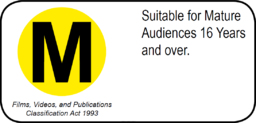 Would the Christian fiction market exist today if the general market had used a ratings system early on?
Would the Christian fiction market exist today if the general market had used a ratings system early on?
At first, that may sound silly, but think about it. The Christian market started back in the 70s and 80s as a way for Christians to avoid the profanity, sexuality, and otherwise anti-God worldview encountered in many novels. If books were rated for language and sexuality, people would have had an easier time avoiding that content if they so wished. Might not that have taken the wind out of needing to produce “clean fiction” under a Christian market label?
There are two groups of people I see that would appreciate a rating system.
1. Adults and older teens who don’t care to read that kind of thing.
Despite the prevalence of profanity and sexuality in our culture and lives, there is a sizable demographic who would rather not read it. Currently for this group, there is no foolproof method to know if a book they are buying has those elements, and if so, to what degree. Other than sticking to Christian market fiction, it is a gamble.
2. Parents attempting to discover age-appropriate books for their children.
An article by Jason Koebler in US News published May 18, 2012 notes concerning young adult books at the time:
Among the top 40 best-selling children’s books on the New York Times list between June 22 and July 6, 2008, one researcher found more than 1,500 profane words. . . . All but five books, including many targeted to kids as young as 9, had at least one instance of profanity.
(Is It Time To Rate Young Adult Books for Mature Content?)
While some may argue that children should be exposed to such realities, ultimately it is the parent’s responsibility to decide that for their children. Yes, children will hear it in real life, at school (though I didn’t much growing up), but it is one thing to hear it from your peers, another to be promoted by a book.
Children’s books, however, do have some help. Organizations like Common Sense Media rate books based on age appropriateness, as well as quality in educational developmental value. However, it isn’t exhaustive.
The debate about allowing more of profanity and sexuality in Christian market fiction has two sides.
On one hand, to allow it goes against one of the main reason it came into being: to offer a haven from that type of literature. On the other hand, the reaction has swung so drastically at times to the other side as to be ridiculous and unrealistic. If Christian fiction doesn’t model healthy sexuality as opposed to conveying the message that sex is bad and to be avoided, who will? Some would argue that it at least needs to be brought back to a more moderate position.
A near-exhaustive rating system might have been doable back in the day. With the prevalence of indie publishing, it would be very piecemeal short of a law passed requiring it to be published. Most would consider that a violation of the 1st amendment.
I’m personally considering rating my books on my website.
In part because a series that has middle grade as its most rabid fans has one book with more mature content, at least 13 or older. I wrote the series intending them to be young adult, and it wasn’t until after I had written the last one that it became obvious that those stories were most popular among older children.
So what do you think? Would a ratings system have prevented the Christian market for books from existing? Do you think it wise for me to rate my own books on my website?

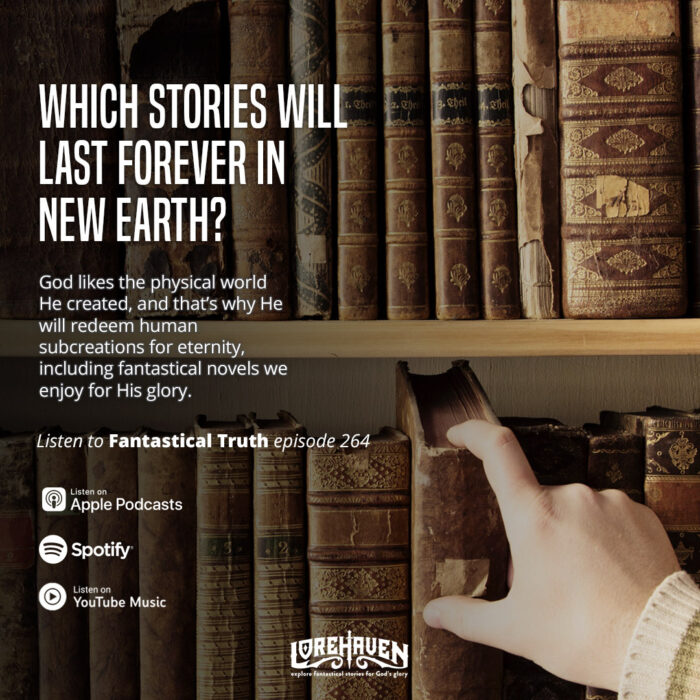
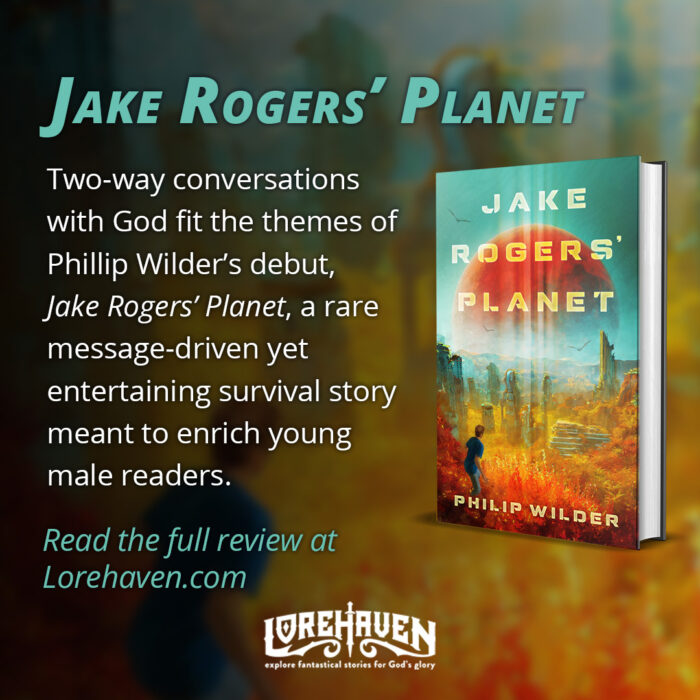
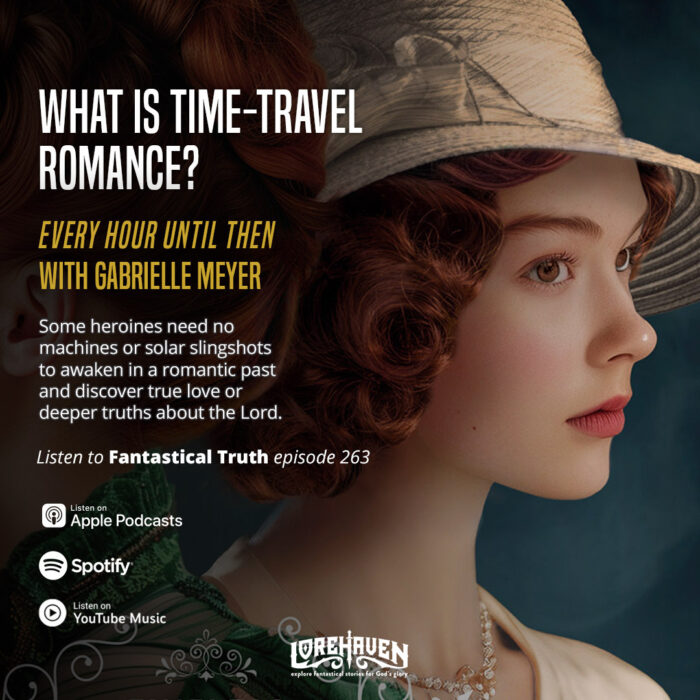

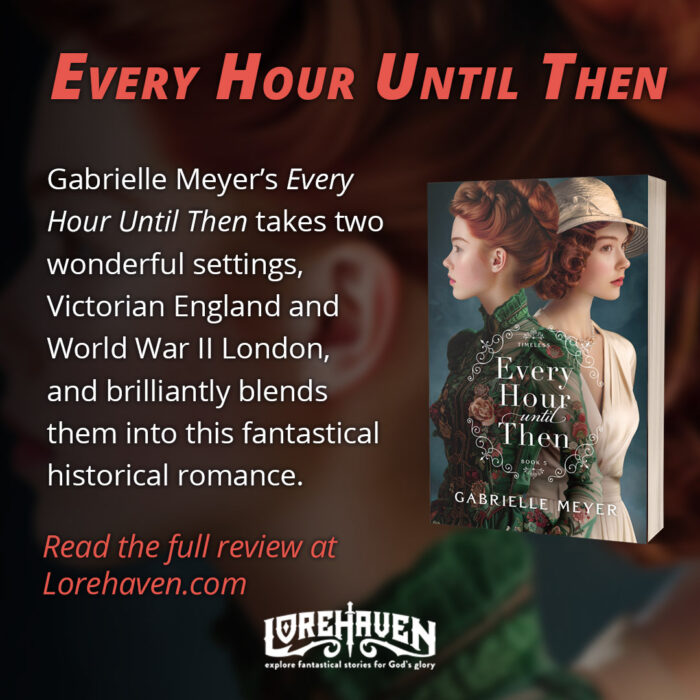













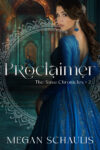
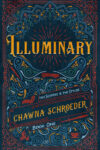

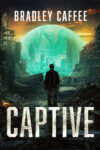


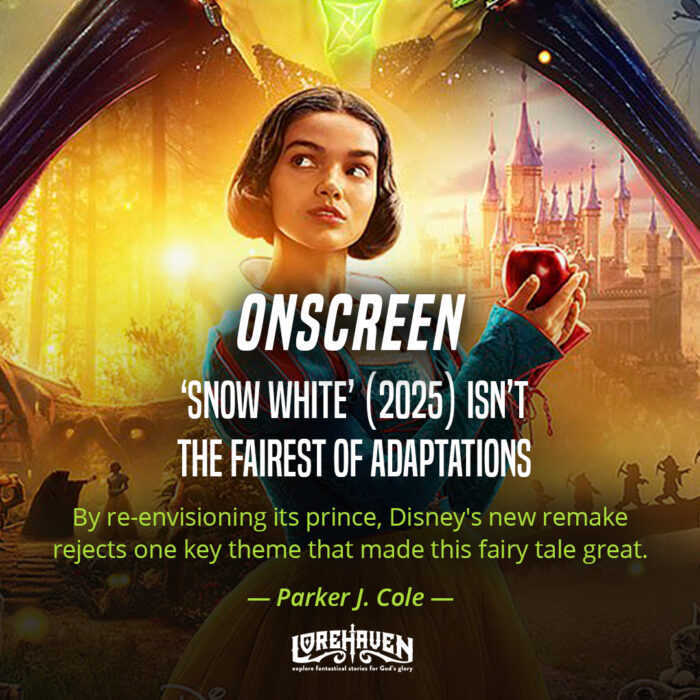
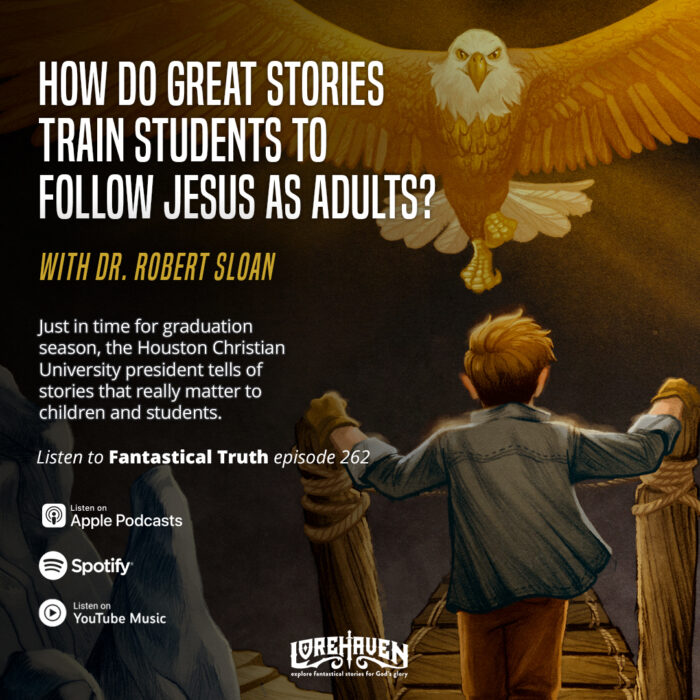

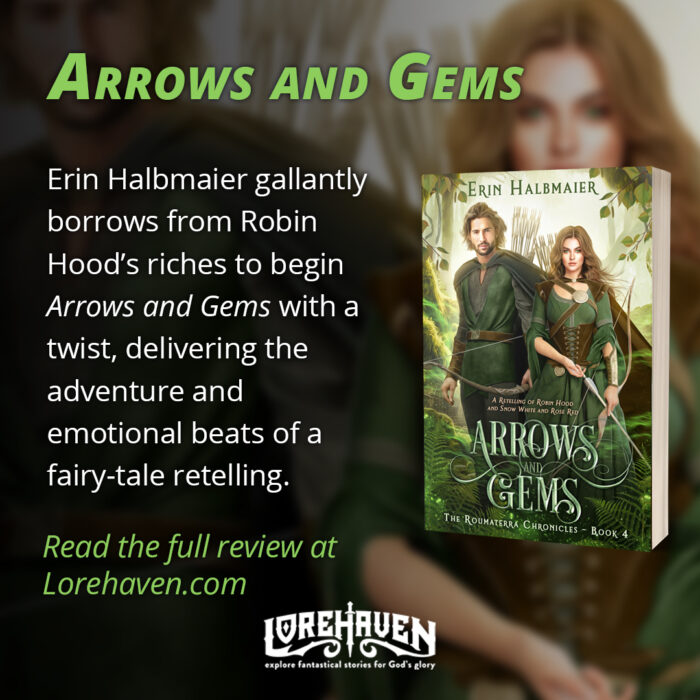
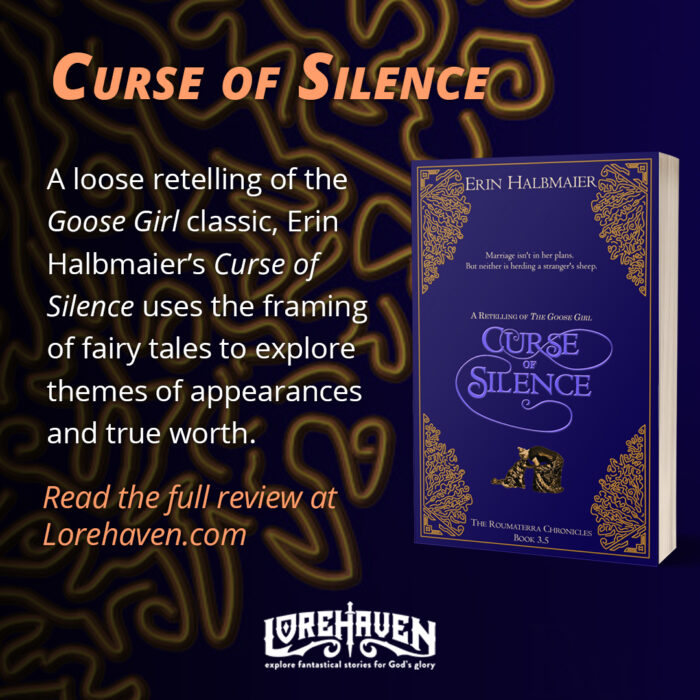
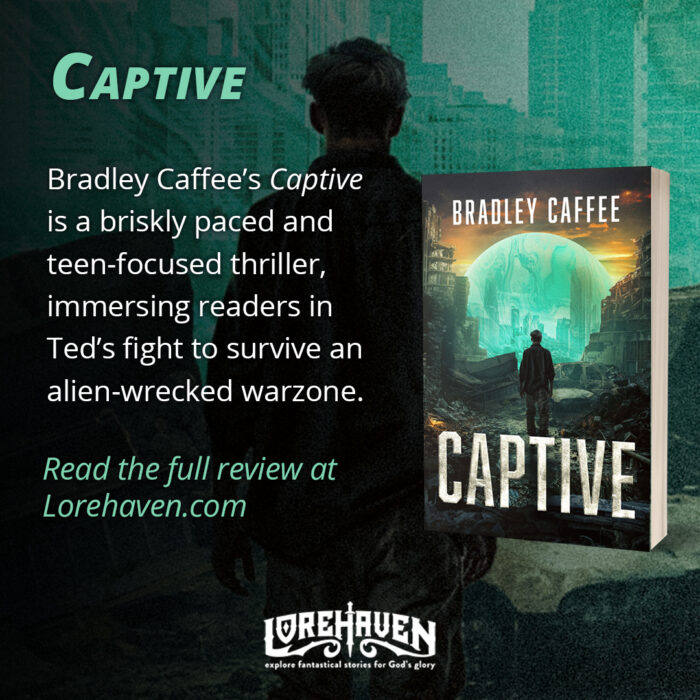






If so, it would mean that Christianity had become synonymous with family-values morality, which I think is unfortunate.
Yes, that sounds thoroughly sincere and responsible. It would not discourage me from buying your books, especially if you applied the ratings consistently across your whole catalog.
I don’t think a ratings system would have prevented the Christian book market from existing. Personally, I enjoy Christian books for the positive worldview, not for the lack in profanity or sexuality (though that is a plus).
I can see the usefulness of a ratings system though, especially for parents screening their kids’ books. As for rating your own books? Sure, couldn’t hurt.
I think it can’t hurt to rate your own books. It seems to me that’s your choice as an author. I wouldn’t, however, be in favour of you as author limiting who can purchase them.
As far as the question of should Christian books have more mature content in them (eg. Hinterlands imprint from MLP) yes, I would love to see that! I would find those books more realistic in their portrayal of life. The world has evil in it, don’t be afraid to portray the evil! I believe it can be portrayed without being glorified.
(Side rant here: My son read far above his age level but there were very few YA books written for boys so it was hard to find books for him. He often ended up reading my adult Christian books. Authors, please, write YA for boys too!!)
” I wouldn’t, however, be in favour of you as author limiting who can purchase them.”
I wouldn’t do that, not even sure if I could, really. They would be informational.
I think the Christian market didn’t just exist due to a desire for safe fiction, but a realization that the secular market doesn’t publish a lot of work with explicit Christian themes. A rating system would do much for that, and you’d also have the problem of avoiding the dreaded G-rating, where work is made needlessly edgy to appeal to a general audience.
First of all, I think such ratings would have suffered from the same flaws as movie ratings–something like LOTR would probably have gotten an R a few decades ago for the violence alone. Secondly, the changing values in society have also caused some slippage–while homosexual relationships were once taboo, today they are celebrated. All these comments about ratings–and in yesterday’s discussion, tags– remind of labeling concerns in the fanfiction community. Ratings vary depending on the website, but one has warnings for “BDSM, explicit sex, explicit violence, non-consensual sex and swearing” as well as separate slash and femslash genres. The rapidly growing site Archive of Our Own has fewer warnings, but offers user-created tags, which range from genre to connection with canon to length.
The whole “adult-vs-YA” thing feels a rather ridiculous distinction in speculative fiction. In realistic fiction, YA tends to indicate stories about first love and other high school experiences vs business. However, I have some some examples of this. Author Bryan Davis has two series set in the same fictional world, at the same time-to the extent of characters passing each other on their way to events–and one is YA and one adult, due to the amount of violence in the latter. (Dragons of Starlight and Tales of Starlight, to anyone who’s interested.)
Good luck with that. The MPAA is a self-regulation set up by the movie industry, and we Christians have a hard enough time coming to accord on anything besides “Jesus is awesomesauce.”
I put “Appropriate for ages X and up” in the Other Books section of my childrens books just to be clear.
But the best way to handle it is by branding on the cover. To make YA look like YA etc
As for the ghettoization of Christian lit, if we’re engaging in base speculation, it seems like Christian fiction was in response to filling shelf space in Christian book stores, not to any felt need of Christian authors who wanted a safe space.
I suggest this is impossible to say because every child, every human being, is different. This isn’t merely a case of exceptions; the fact remains that even some adults can handle material that others cannot. I know of teenagers/young adults who “overdose” on elements such as romance or geeketry or fandom. Some can handle Bad Words without sinning; others can’t, and I’d wager that’s a 50-50 split, so no review of a book with Bad Words can make a judgment call either way. (In fact, some readers are stigmatized by a story that doesn’t have bad words.) Perhaps it’s more important to keep — in a sense — testing one’s limits. Read reviews, read and watch more stories, see what you can truly enjoy for God’s glory and what by contrast would tempt you to sin. Enjoy the good, eject the bad. This sounds simple, but in fact it’s far more complicated. And yet, no one said sanctification was easy!
Hans,
I was think about something age related, but you’re right, it is an estimate. Like the movie ratings. They tend to go by age. But an R rating doesn’t tell me much. I like it when they list why it garnered an R rating. That tells me more.
To that end, I’m considering a “rating” not based on age, but content. I’d give a rating on profanity, sexual content, and violence. Each would get a 5-point rating with 1 being “mild” and 5 being “strong.” In between would be light, medium, and heavy.
Then I’d leave it up to the parent or the reader whether that was acceptable or not rather than attempting to peg an age limit on it. Give them the info so they can make an informed decision is my thought instead of them thinking, “Oh, this book is for 13-year-olds,” and never give it a chance.
Age rates can be very misleading, so content levels are a better way, but still subject to “no, that’s not light content.” It also depends on the degree to which people understand euphemisms and read into the text. First time I watched a TV episode, I took one character’s comment at face value and only recognized it was a double entre when I visited TV Tropes.
Yeah, it’s necessarily an estimate. That’s why the adult books have “Appropriate for adults” or for teens and adults. Essentially I’m just trying to give parents a quick, accurate impression of the level of the book.
I mean, my next book (with the publisher) has a scene where an AI program takes control of a sex doll and rips through a heavily armed extraction team…so definitely getting the “adult” tag. =)